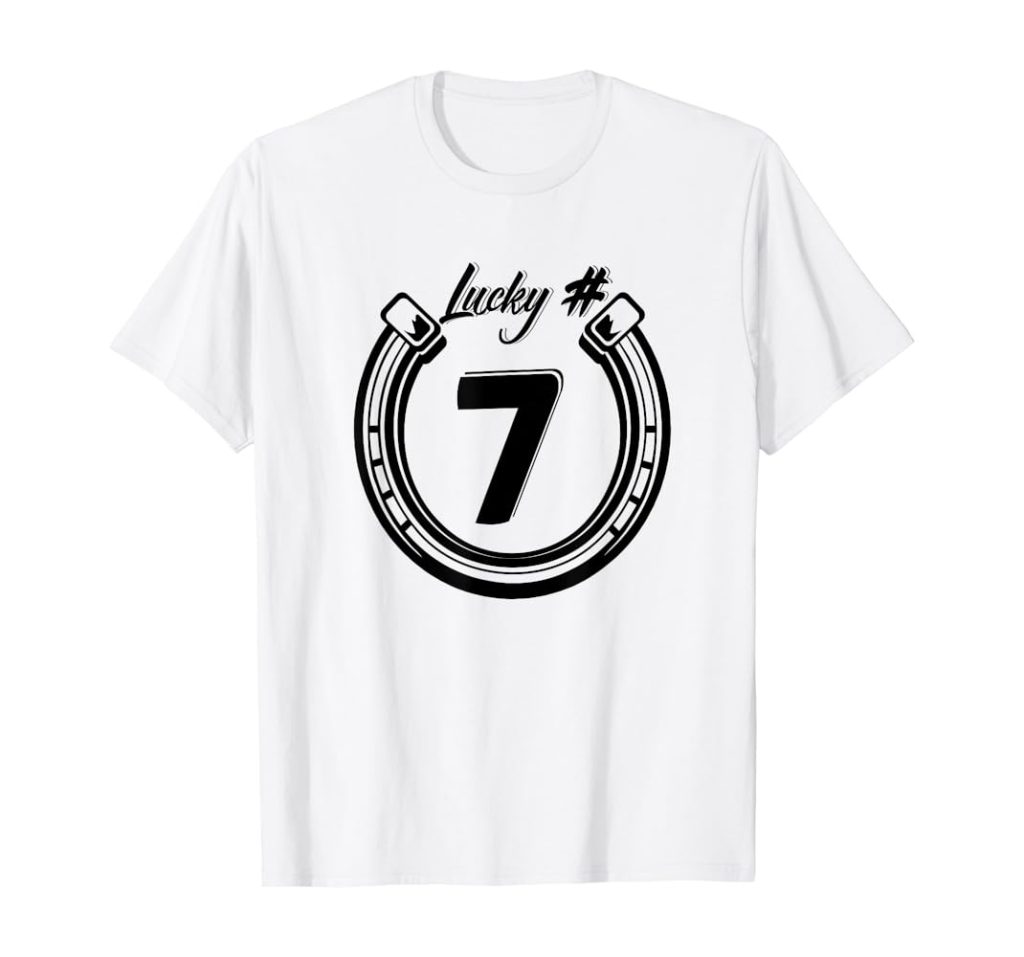Horse racing has been around for hundreds of years. During that time, plenty of quirky superstitions have popped up. Some of these superstitions are harmless fun, while others are taken very seriously by many horse racing fans and bettors.
One of the most common horse betting superstitions is that it is bad luck to bet on a horse with a white sock on one of its legs. This superstition is thought to have originated in the days when horses were raced without horseshoes. Horses with white socks were thought to be more vulnerable to injury, and therefore less likely to win.
Another common horse betting superstition is that it is bad luck to bet on a horse that has an unusual name. This superstition is thought to be based on the belief that horses with strange names are more likely to underperform at an event.
Track Superstitions
Some horse betting superstitions are more specific to certain races or tracks. For example, at the Kentucky Derby, it is considered bad luck to bet on a horse that has not won a race at Churchill Downs before. This superstition is thought to be based on the belief that horses need to be familiar with the track to perform well.
Personal Superstitions
Other horse betting superstitions are more personal. For example, some people believe that they have a lucky shirt or hat that they must wear when they bet on horses. Others believe that they have a lucky number or combination of numbers that they always bet on.

It is important to note that there is no scientific evidence to support any of these horse betting superstitions. In fact, many professional horse bettors scoff at these superstitions and believe that they are simply a waste of time.
Can Superstitions Be Used As A Strategy?
So, are horse racing betting superstitions just luck or are they actually a form of strategy? The answer is probably somewhere between the two. On the one hand, it is unlikely that most horse betting superstitions will actually help you to win more money. After all, horse races are determined by a variety of factors, including the horse’s ability, the jockey’s skill, and the track conditions.
On the other hand, there is something to be said for the power of positive thinking. If you believe that a particular horse is going to win, you are more likely to be confident in your bet and less likely to panic if the horse gets off to a slow start. This confidence can lead to better betting decisions. Along with this, superstitions also provide other positives, including the following:
- Superstitions can provide a sense of control and order for those that feel that there’s too much out of their control.
- Superstitions can help to reduce anxiety and stress.
- Superstitions can create a sense of community and fellowship among fans of horse racing.
Ultimately, whether or not you believe in horse betting superstitions is up to you. If you find that they help you to relax and enjoy the betting process, then there is no harm in following them. Just don’t expect them to make you a millionaire overnight.

